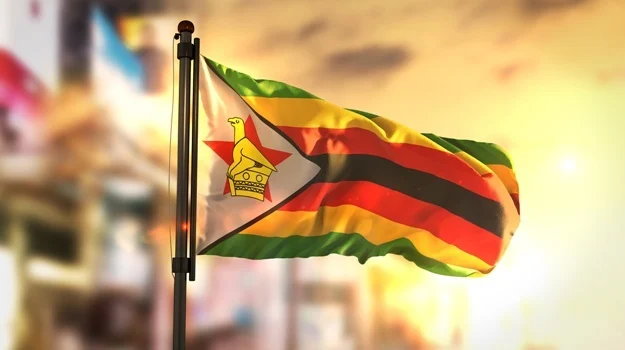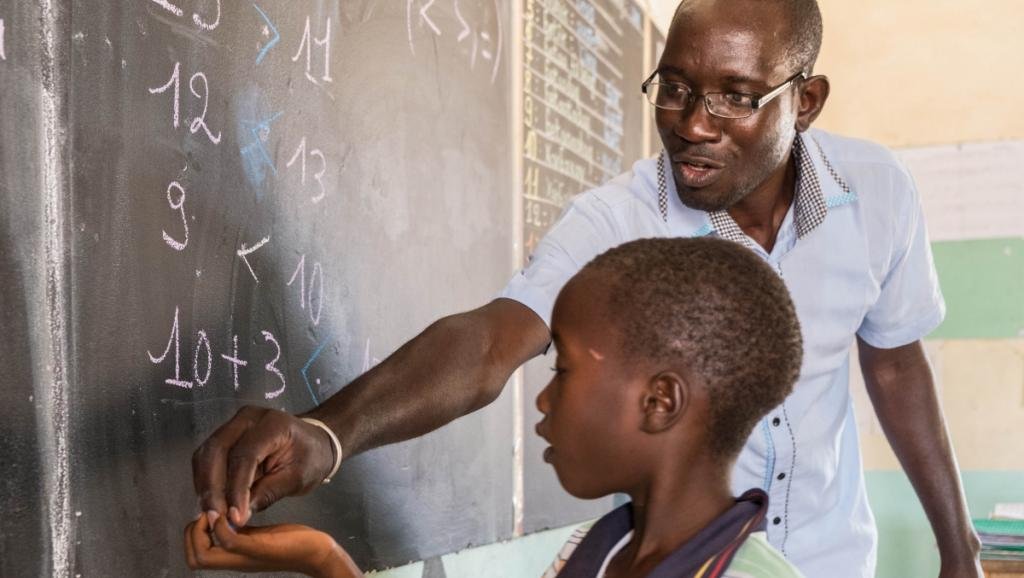The belief was that the new document would help dilute ZANU’s machinations and would pave the way for a democratic Zimbabwe. Everyone thought 2013 would be the end of Mugabe and his hegemony.
What with all the gains that people had witnessed during the GNU. Gains that some opposition supporters attribute to an overnight success brought about by the new blood of their representatives. Gains that salvaged what in Shona would be called a ‘dongo’ into a sprawling economy which at some point was the fastest growing African economy. All was hopeful, all were expectant.
Until the opposition was caught napping and thanks to some character called Mawarire- not the pastor, but Jealous- Mugabe unilaterally declared the election date at a time convenient for himself and his party. The newly-established Con-Court played rubber-stamp and indeed the 2013 elections were held without any electoral reforms.
I, a Mount Pleasant resident found myself voting in Mazowe South whilst people from outside were brought in to vote under Mount Pleasant. No doubt the Mount Pleasant candidate won resoundingly. It is therefore refreshing to hear of the safeguards and preparedness being showcased by the young independent candidates such as Advocate Mahere. A preparedness that has been lacking in opposition politics for almost a decade now.
But this article is not a history lesson. Neither is it an analysis of the political strategies of the political hopefuls in the imminent Zimbabwean elections. Rather, the aim of this article is to clear the air on a certain area of the electoral process that most people have been conflating.
The issue this article aims to tackle is the effect of local and parliamentary candidates on the presidential election/national outcome, with particular focus being accorded to the myth that independent parliamentary candidates split votes.
The Constitution of Zimbabwe requires that elections in Zimbabwe be ‘harmonised.’ Basically, this entails that the process of electing local government representatives, Parliamentary representatives and the President be held concurrently. The Electoral Act on the other hand introduces the concept of constituency-based voting whereby voters can only cast a vote in the demarcated constituency they fall under ( NB: right now the determination method used is residency). A voter, come 2018, will thus vote for their preferred local government representative, separately from their Parliamentary representative and also their presidential representative albeit all this happening in the same voting session.
This is where our system fundamentally differs from the South African system in that one not only votes for three different candidate classes in which they select their own representative but the voter can also vote for an MDC local government representative- if that is their preferred candidate, whilst at the same time voting for an independent Parliamentary candidate and a ZANU- PF Presidential candidate. At no point does the result for local government affect the presidential result or the Parliamentary result.
It is therefore a conflation to assume that simply because Advocate Fadzai Mahere and other independent Parliamentary candidates have made their intentions to contest in their constituencies it will automatically result in a split vote. NO doubt this argument is supported by certain statistical studies that show that ZANU’s constituency vote has remained constant since 2013 whilst independents and the plethora of political parties have been brawling over the remaining ‘opposition’ vote, a phenomenon showcased in the outcome of the various by-elections held between 2013 and now.
However, this can easily be debunked by counter-arguing that not only is the sample space for making the above conclusion small to make such a sweeping assertion but also, different constituencies operate under different dynamics. Further, in-spite of ZANU’s proclivity for using intimidation tactics to bully voters in their rural strangle-holds, they have since lost their propping from the war veterans whilst it is common knowledge that they are outlawed in urban constituencies. Hypothetically speaking, as there is more time to carry out voter education and campaigns before the 2018 elections occur, any Parliamentary candidate, be they independent or from the coalition, will have an equal chance of triumphing.
The major question then is; on a Parliamentary level, are people simply seeking to reduce ZANU’s stronghold on the House by replacing it with an opposition party stronghold or are we seeking to elect competent, dedicated and visionary law-makers? If the answer is the former then I warn you we are certainly leading ourselves astray. Conversely, if the answer is the latter then concluding that the mere virtue of being an independent candidate automatically results in a split-vote is a lazy position to take.
What is at stake is the competency of our candidates- and with the principles that govern parliamentary elections, even if there are 20 contestants, whomever has the highest votes becomes the representative. Clearly it matters not if they are ZANU, opposition or independent- as long as their message resonates with the people. Discussions should therefore not be around the risks posed by the new entrants because, honestly speaking, Mahere’s winning or even contesting (I will use her as an example since she is the most prominent candidate) in her constituency does not have any direct effect on the outcome of the other constituencies and should not be receiving national ire of this magnitude. Instead, on a parliamentary and local government level, the focus of our energies should be educating ourselves, ridding ourselves of voter apathy and coming up with strategies to counter ZANU’s ‘desperate’ methods.
We need to start electing our representatives on the basis of merit rather than the party colours that they don if we desire to see progress in our beloved House of Stone. Unlike ZANU, we sincerely need to be vigilante in guarding the gains of our democracy- especially the Constitution- and our law-makers should be capable of delivering us.








